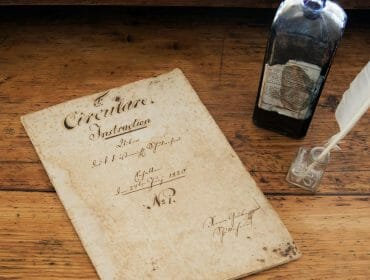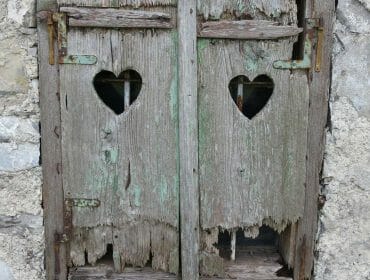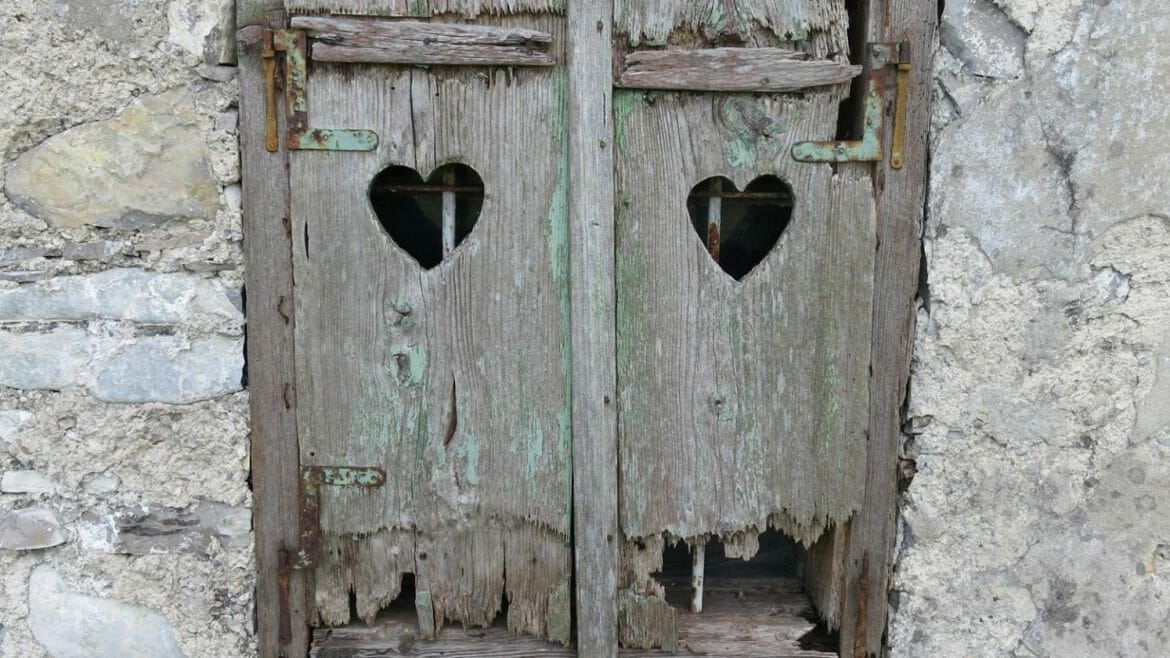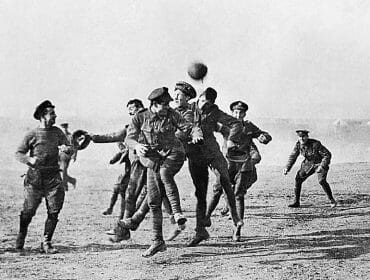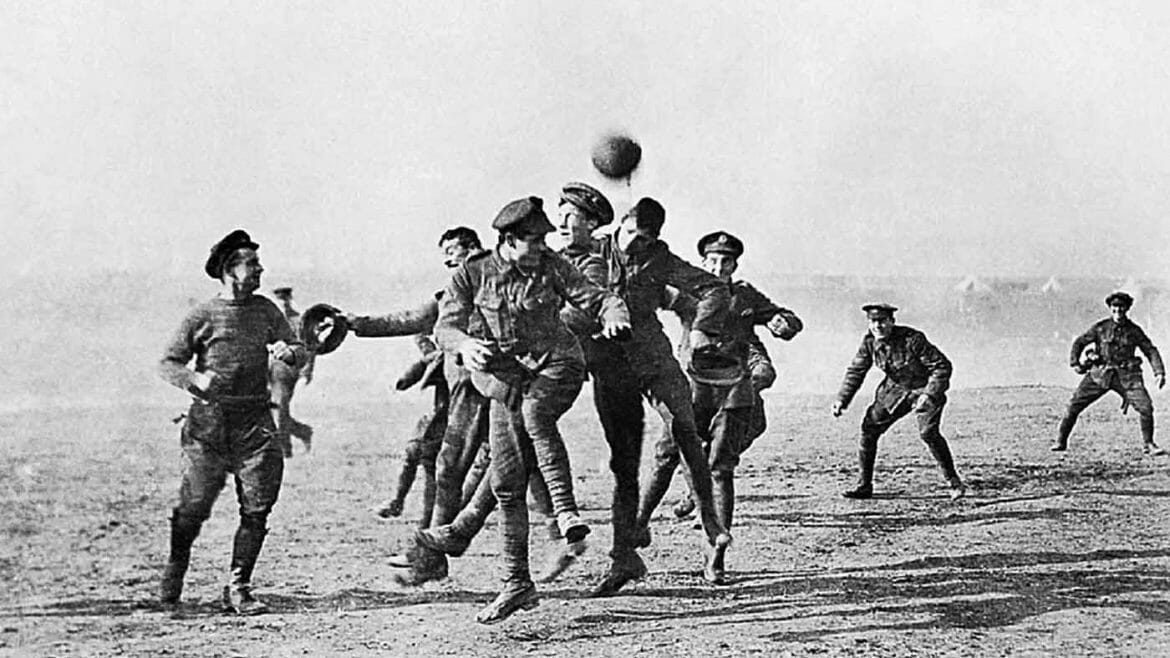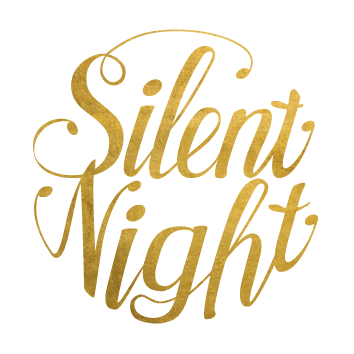The life experiences of the creators
When Joseph Mohr wrote the poem “Silent Night”, he himself had experienced despair and need from early childhood: On his way to school in the city of Salzburg, he had met the French occupiers. Franz Xaver Gruber’s home village Hochburg-Ach also recorded a series of crimes by French soldiers. These were not peaceful times as we know them today. War, human suffering, fear and hunger have shaped more than one generation of people. The Napoleonic Wars had a chokehold on Europe for almost two decades.
Napoleonic Wars and the Vienna Congress
With the Vienna Congress (1814/15), the old order was to be restored: the restoration had the goal of unity and peace. Territorial changes were apparently easy to accomplish on paper and under treaties, but in reality they were a terrible shock to the people. In Oberndorf near Salzburg, new places were created on the map that had never existed before. They had no administration and structure, did not even have their own name. The people were shaken to their core, as they suddenly belonged to a different nationality, suddenly separated from former friends, employers and neighbours by a guarded border. There were new currencies and new laws. You were a stranger in your own country.
The time of Vormärz with censorship and police surveillance
Joseph Mohr had chosen a spiritual career. His unwavering faith gave him the strength to carry on and to give consolation. The time of the “Vormärz” (pre-March period) left a lasting mark on both Joseph Mohr and Franz Xaver Gruber’s life and work. It was the time of two parallel developments that could not have been more different: the era of the conservative Biedermeier (1815-1848) and the radical Vormärz (1830-1848) with its political demands for equal treatment, press freedom and democracy. The country had strict police control. Freedom of expression or political interference was prohibited. The retreat into one’s own four walls was not voluntary, but a means of self-protection. The people were intimidated and yet there was a great deal of resistance against the dictatorial system.
A peace song for the world
“Silent Night” was written in times of war and despair. Both the political and the economic situation of the people was devastating. Therefore, it comes as no surprise that the song repeatedly played an important role in times of war in the course of its 200-year history. For example, during the First World War and in the Second World War, it was publicly sung and recited. The song gives strength and hope and is comforting to listen to, even in over 300 languages and dialects around the globe.


